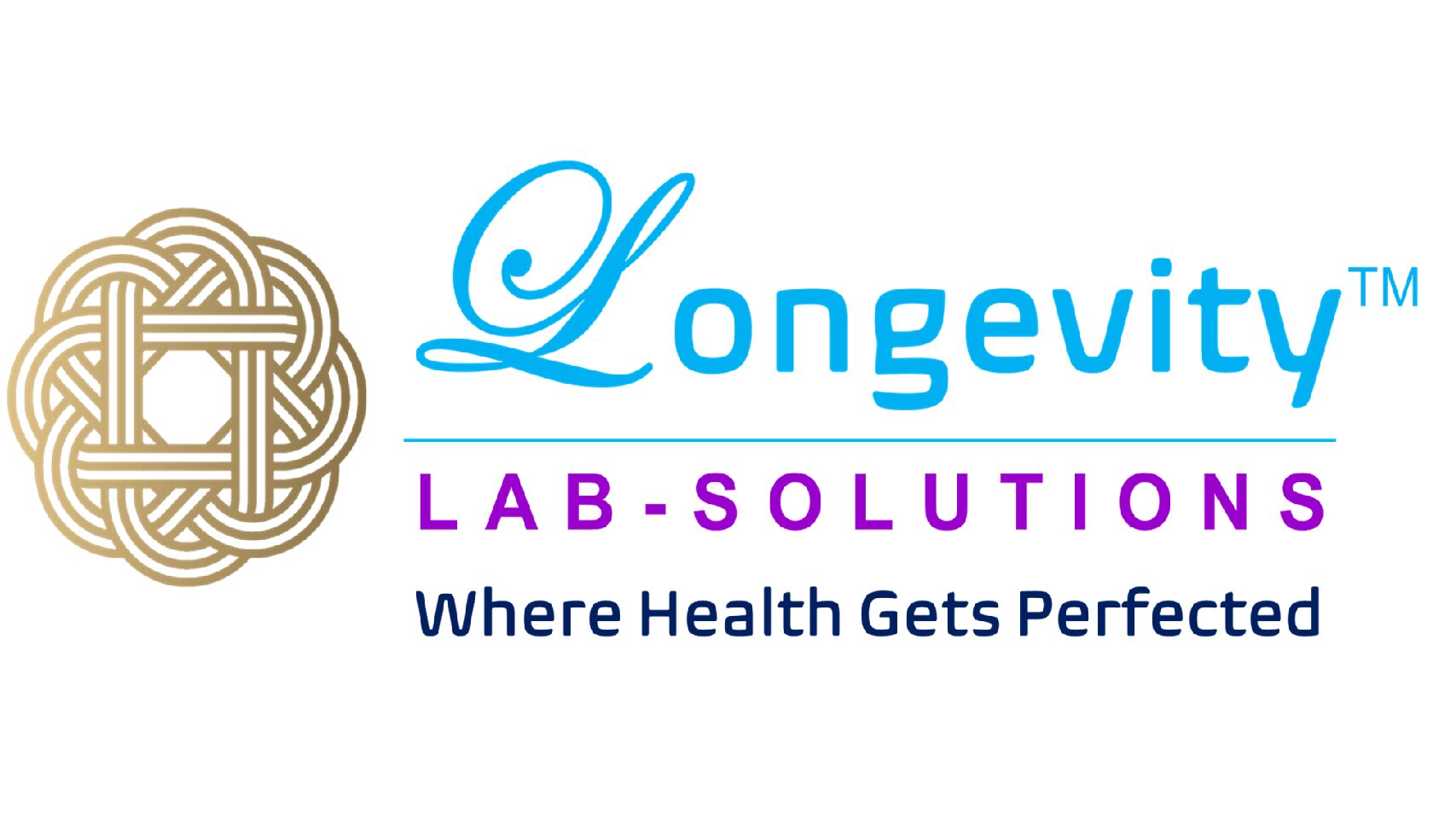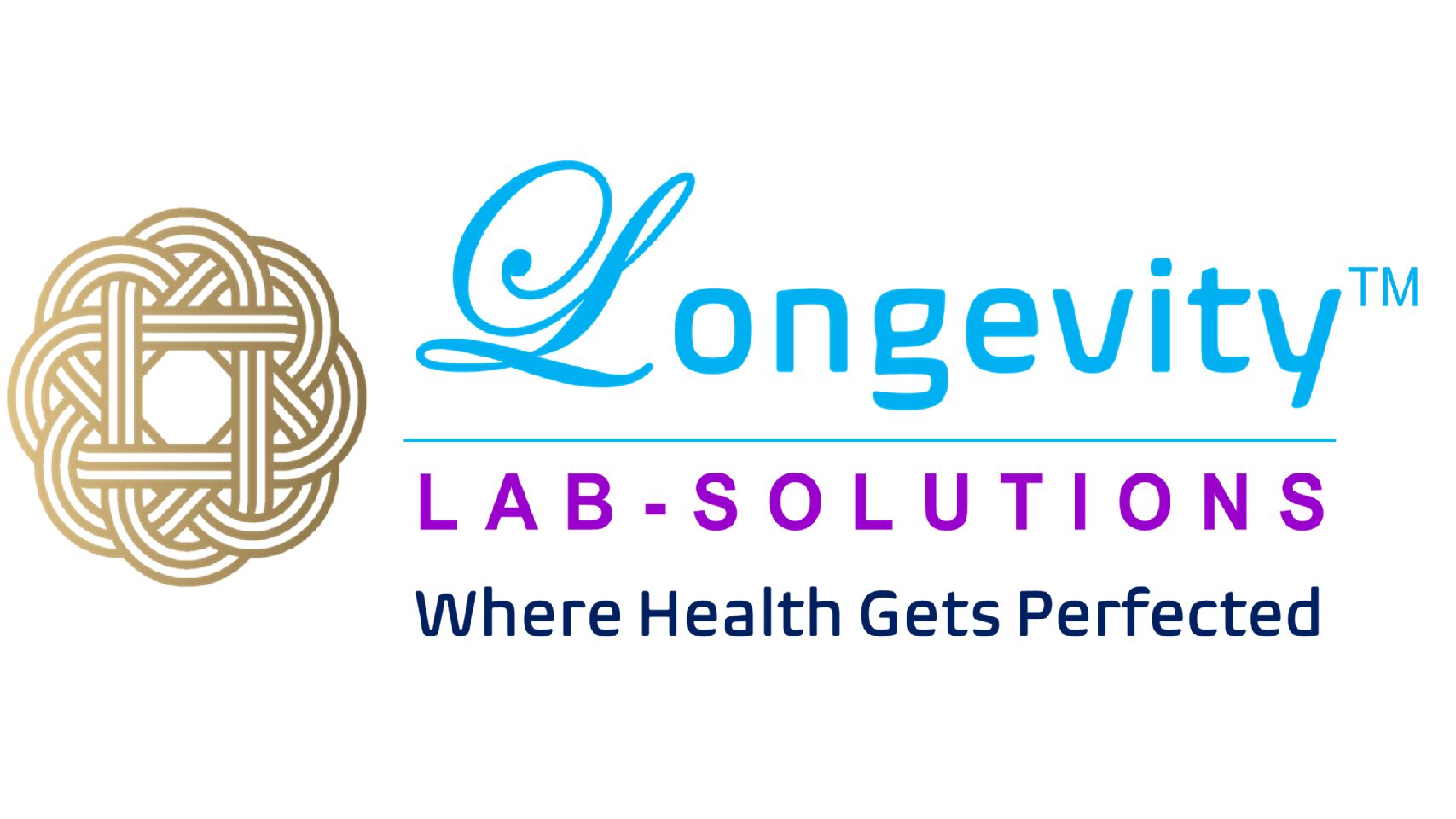Psychiatry
Genetic variations can influence how individuals respond to psychiatric medications, including antidepressants, antipsychotics, anxiolytics, and mood stabilizers. Pharmacogenomic testing can assist psychiatrists in selecting the most appropriate medication and dosage for a patient based on their genetic profile

Psychiatry
This panel provides a comprehensive analysis for 12 genes that have strong pharmacogenomic associations with medications used in the treatment of psychiatric disorders, including depression.
- Individualizing selection and dosage of medications prescribed for treatment of depression and other psychiatric disorders based on genetic variation
- Identifying genetic variation in genes known to be associated with response and/or risk of toxicity with psychotropic medications
- Evaluating patients who have failed therapy with selective serotonin reuptake inhibitors (SSRIs)
- Evaluating patients with treatment-resistant depression
- Predicting response time to improvement with SSRIs
14 Genes Tested: ABCB1, ANKK1, COMT, CYP1A2, CYP2B6, CYP2C9, CYP2C19, CYP2D6, CYP3A4, GRIK4, HTR2A, HTR2C, MTHFR, UGT2B15
Price: $150.00
Test Details
This panel provides a comprehensive analysis for 12 genes that have strong pharmacogenomic associations with medications used in the treatment of psychiatric disorders, including depression.
Pharmacogenomics is increasingly relevant in the field of psychiatry, offering the potential for more precise and effective treatment of mental health disorders. Here’s how it intersects with psychiatry:
Medication Selection: Genetic variations can influence how individuals respond to psychiatric medications, including antidepressants, antipsychotics, anxiolytics, and mood stabilizers. Pharmacogenomic testing can assist psychiatrists in selecting the most appropriate medication and dosage for a patient based on their genetic profile.
Response Prediction: Genetic information can help predict a patient’s likelihood of responding to a particular psychiatric medication. This reduces the need for a trial-and-error approach and speeds up the process of finding an effective treatment.
Adverse Effects: Genetic factors can identify individuals at higher risk of adverse effects or side effects from psychiatric medications. With this information, psychiatrists can adjust medications to minimize side effects or explore alternative treatments.
Treatment Resistance: For patients who do not respond to standard treatments, pharmacogenomics can guide psychiatrists in selecting alternative medications or therapies based on the patient’s genetic makeup.
Psychiatric Diagnoses: Genetic information can contribute to the understanding of the genetic basis of certain psychiatric disorders and help refine diagnostic criteria.
Individualized Treatment Plans: Pharmacogenomics allows for the development of personalized treatment plans tailored to a patient’s genetic characteristics, improving the likelihood of successful treatment outcomes.
Precision Psychiatry: The application of pharmacogenomics in psychiatry is part of the broader movement toward precision psychiatry, where treatments are personalized to individual patients to optimize results.
Suicidal Risk Assessment: Some genetic markers are associated with an increased risk of suicidal thoughts and behaviors in response to certain psychiatric medications. Pharmacogenomic testing can help identify individuals at greater risk, informing treatment decisions and monitoring plans.
Substance Use Disorders: Genetic factors can influence a patient’s vulnerability to substance use disorders. This knowledge can help guide psychiatrists in addressing co-occurring substance use issues in psychiatric treatment.
Patient Safety: Pharmacogenomics can enhance patient safety by avoiding adverse reactions and minimizing the risk of treatment failure.
Pharmacogenomics in psychiatry has the potential to significantly improve treatment outcomes, reduce the duration of suffering, and enhance the overall quality of life for individuals with mental health disorders. However, it’s important to recognize that genetic information is just one element of a comprehensive psychiatric evaluation and treatment plan, which should also consider other factors, such as patient history, symptoms, and therapeutic interventions.
14 Genes
ABCB1, ANKK1, COMT, CYP1A2, CYP2B6, CYP2C9, CYP2C19, CYP2D6, CYP3A4, GRIK4, HTR2A, HTR2C, MTHFR, UGT2B15
- Depression
- Psychiatric Disorders
- Individualizing selection and dosage of medications prescribed for treatment of depression and other psychiatric disorders based on genetic variation
- Identifying genetic variation in genes known to be associated with response and/or risk of toxicity with psychotropic medications
- Evaluating patients who have failed therapy with selective serotonin reuptake inhibitors (SSRIs)
- Evaluating patients with treatment-resistant depression
- Predicting response time to improvement with SSRIs
- Determine the right medication for the patient based on their genptype
- Avoid trial and error when prescribing medication to treat health problems
- Avoid adverse drug reactions
Buccal Swab
1-2 weeks


